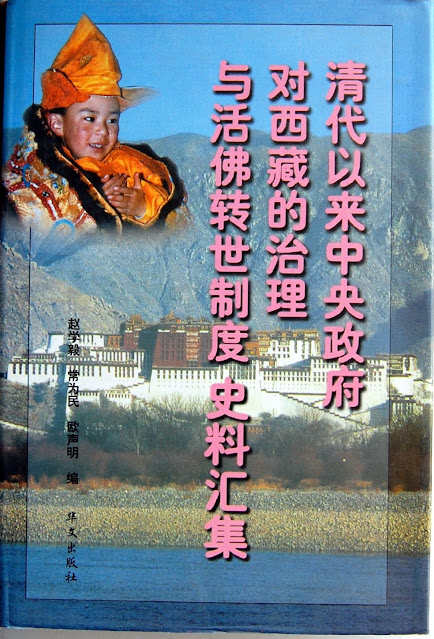Dai Zhen
Dai Zhen, romanizing Wade-Giles Tai Chen, courtesy name (zi) Dongyuan or (Wade-Giles) Tung-yüan, (born Jan. 19, 1724, Xiuning, Anhui province, China—died July 1, 1777, Beijing), Chinese empirical philosopher, considered by many to be the finest thinker of the Qing Dynasty (1644–1911/12).
Dai was born to poor parents by reading borrowed books. Although he passed his introductory civil service exams, he never passed the highly stylised jinshi exam, which would grant him official office power and status. In 1773, because of his reputation as a scholar, the emperor requested him to become a court compiler in Imperial Manuscript Library.
In this position, Dai could touch numerous rare and otherwise unavailable books. When Dai failed the civil service examination for the sixth time in 1775, the emperor ultimately declared him a jinshi by special decree, and Dai became an Imperial Academy member. He wrote, edited, and compiled about 50 publications, principally dealing with mathematics, philology, ancient geography, and Confucian Classics.
The Qing era experienced a philosophical revolution in which Song and Ming's abstract metaphysical theorising was discarded for a more concrete, disciplined sort of evidence-based learning termed Hanxue. Dai opposed the Song intellectuals' dualism, supposed to be misled by Buddhist and Daoist influences.
The philosophers of the Song believe that humans have a lower, more physical essence (qi) that is responsible for passions and a higher spiritual essence (li) that limits material nature. Dai posed a monistic framework against this duality.
He claimed that li is the immanent structure in everything, even desires. Knowledge of li does not arrive immediately during meditation, as some philosophers assumed. It is found only after laborious search, utilising exact methodologies in literary, historical, philological, or philosophical research.
Dai's own research used these meticulous investigation procedures. In mathematics, he authored a short lecture on the English mathematician John Napier's logarithmic theories and compiled a collection of seven ancient mathematical works, the final being his own collation. He wrote various publications on philology, including classifying archaic pronunciation. He also collated the 6th-century classic, Shuijingzhu ("Waterways Classic Commentary"), a study of 137 waterways in ancient China.
Get a Britannica Premium Membership for special contentSign up now
Because Song philosophy had administrative patronage, Dai's contributions were mostly neglected in the years after his death. But, as his emphasis on the need for rigorous empirical research resembled Western philosophy's "scientific" and pragmatic approach, his views began to be explored anew in the 20th century.
In 1924 the bicentennial of Dai's birth was celebrated in Beijing, and in 1936 the Chinese scholarly world paid him respect by publishing a complete and authoritative edition of his writings, Dai Dongyuan xiansheng quanji ("Mr. Dai Dongyuan's Collected Writings").



0 comments: